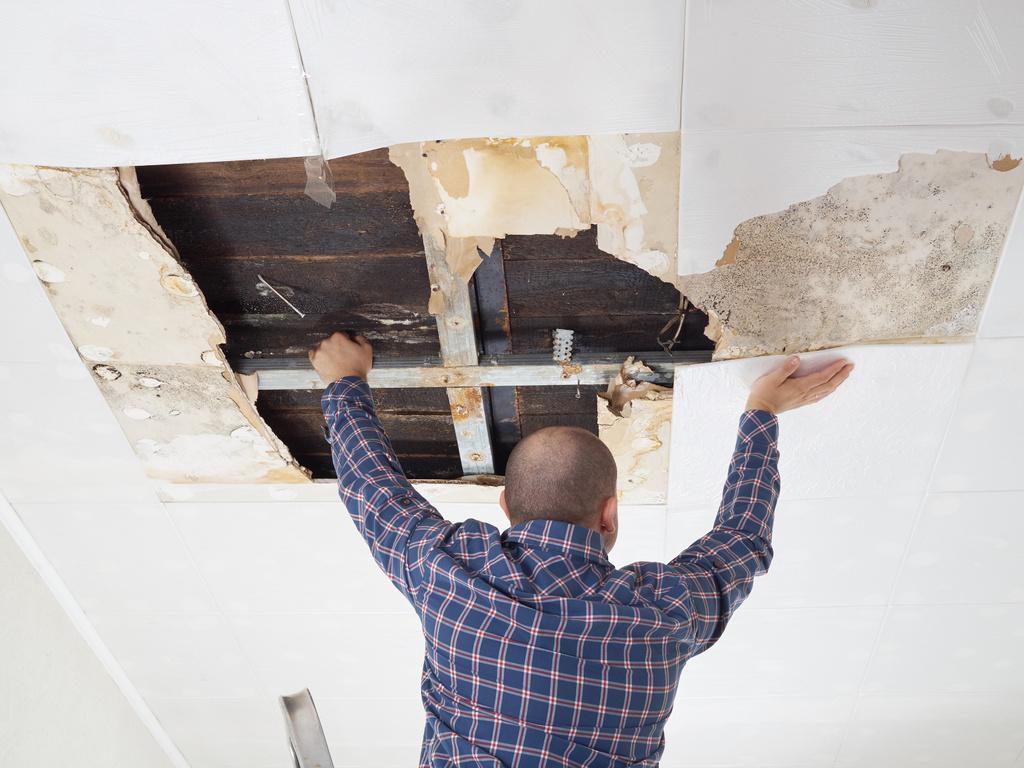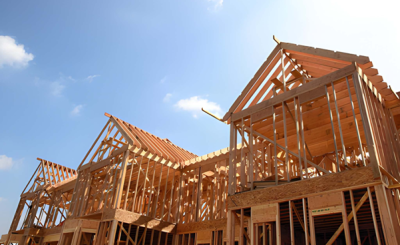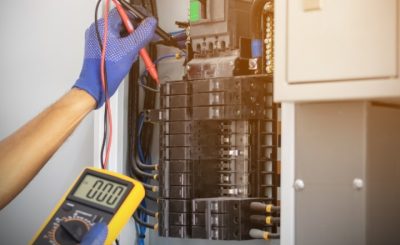Water damage is one of the most insidious threats a homeowner can face. Whether caused by a burst pipe, a natural disaster, or a leaky roof, water can wreak havoc on a home in a matter of minutes. The immediate effects are often obvious, with soaked carpets, swollen wood, and stained walls. However, the true extent of water damage goes far beyond what the eye can see. This is why prompt action is crucial; every moment counts when it comes to remediation.
The Immediate Impact of Water Damage
When water infiltrates a home, it doesn’t just affect the surface. Within minutes, it begins to penetrate deeper into the structure, soaking into flooring, walls, and furniture. This immediate saturation can cause significant damage, including:
- Warped and Swollen Materials: Lumber, gypsum board, and all the rest of construction materials are easily wet; due to water stains, they bend, swell, and in time become Telephone-pole like. In other cases, if the materials have soaked in water, the only thing that can be done is to replace them, which is very expensive and time consuming.
- Electrical Hazards: Water is their biggest enemy concerning electricity and they both cannot mix. When water is in contact with any electrical devices such as the sockets, wires, or any appliance, then that poses a major danger of electric shock or even an explosion. In extreme conditions, it may be necessary to carry out a complete examination of the electrical system and its repair by a qualified specialist.
- Mold Growth: Molds spores are everywhere in the air, but they need moisture to grow in order to become a problem. Fire victims have to ensure that their property does not get exposed to water for more than 24 to 48 hours because mold can start growing. Mold is a serious problem that grows rapidly on surfaces and deteriorates indoor air quality while becoming a danger to health of people suffering from respiratory disorders or having a weakened immune system.
The Long-Term Consequences of Delayed Remediation
The longer water is allowed to sit, the more extensive the damage becomes. What might start as a small, manageable issue can escalate into a full-blown disaster if not addressed promptly. Delayed water damage cleanup can lead to:
- Structural Damage: Water causes dilapidation of home foundations, walls, and floors among other structures in the home. The structure may weaken, and that might result in slippery floors thus posing a danger to the occupants; repair costs may be required or in the extreme the house becomes uninhabitable.
- Pest Infestations: Water accumulation and water seepage areas play hosts to all sorts of pests, including mosquitoes, rodents, and insects. These pests may also continue to damage the home and cause even more health complications to the people living in the said homes.
- Increased Repair Costs: In general, the longer water damage remains unnoticed, the higher the cost to remediate the affected area will be. It is one thing when it is a minor repair which just may require the replacement of a few tiles, it is completely another when the extent of the damage is much greater, and the expense is now in the tens of thousands of dollars.
- Health Risks: Mold is not the only health concern associated with water damage. Bacteria and other pathogens can thrive in damp environments, leading to a host of health problems, including respiratory infections, allergic reactions, and skin irritation.
The Importance of Immediate Remediation
Given the severe consequences of water damage, it is crucial to act quickly when it occurs. Immediate remediation can minimize damage, reduce costs, and protect the health and safety of everyone in the home. Here’s why every moment counts:
- Preventing Further Damage: This is why when water is introduced it has to be removed as soon as possible and any area that was affected has to be dried promptly. This can be of great benefit to the homeowners in terms of time, money and the stress involved in the process.
- Reducing Health Risks: If acts are performed immediately, it becomes very difficult for molds to develop and for bacteria to spread throughout and this would minimize the effects on the health of the residents. When mold has already started to form, then one has to seek the services of a professional to remove mold in its entirety.
- Protecting the Home’s Value: Floods can easily lower the value of a home if it is not remodeled within a short span of time at the earliest. Therefore, there is always a need to act fast to prevent further damage that will require more money to correct in the future.
- Insurance Considerations: Many homeowners’ insurance policies require prompt reporting and remediation of water damage to cover the cost of repairs. Delaying remediation could result in a denied claim, leaving the homeowner to foot the bill. Click here for additional information.
Steps to Take When Water Damage Occurs
When water damage is discovered, immediate action is essential. Here are the key steps to take:
- Stop the Source of Water: If possible, one should try and find out the root cause of the water and sort it out. This may include turning off the main water supply in the house or handling a broken roof for instance. Sometimes as a result of floods, there is a need to leave the area entirely.
- Contact a Professional Remediation Service: Water damage remediation is similar to heart surgery and cannot be attempted from the comfort of one’s home. Credit has to be given to these professional services to have the equipment and expertise to pump out the water, dry the area, and prevent further damage. Most of the remediation companies provide emergency services and can be accessed at any time as they deal with water damage issues.
- Document the Damage: Document the areas that have been affected for the purpose of filing for insurance. It is important when making a claim since this documentation can help in the preparation of the best claim.
- Begin the Drying Process: Begin the drying process by mopping up the standing water and employ the use of fanners and dehumidifiers in reducing the humidity level before the arrival of the professionals. Electrical appliances should not be used in wet places so as to avert electrocution among the occupants.
- Monitor for Mold: Even after remediation, continue to monitor the home for signs of mold or other long-term damage. If mold is detected, contact a professional immediately to address the issue. Visit https://www.epa.gov/mold/mold-course-chapter-3 for more information.
Conclusion
Water damage can be devastating to a home, but the severity of its impact is largely determined by how quickly and effectively it is addressed. Every moment counts when it comes to remediation. By acting swiftly, homeowners can minimize damage, protect their health, and safeguard their investment. In the face of water damage, time is truly of the essence.








